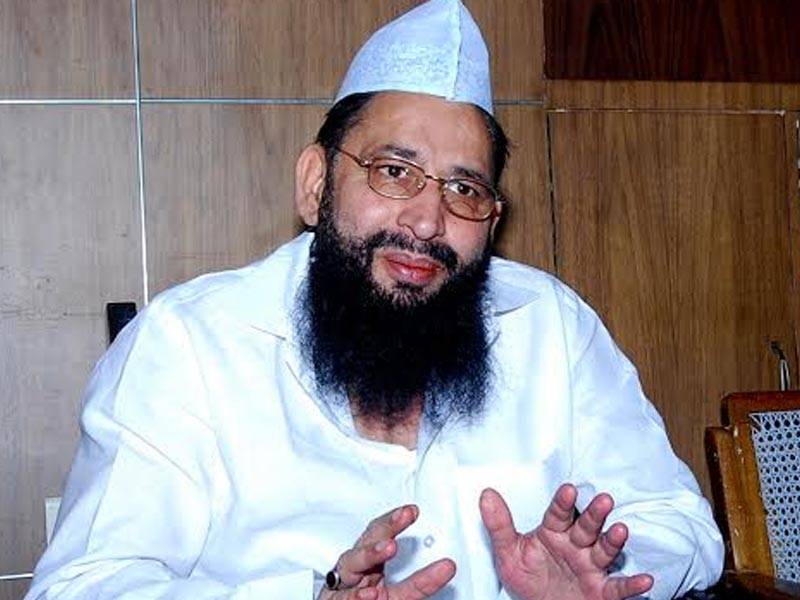A political leader of the Bhaujan Samaj Party and ex-lawmaker from the State Minister of Uttar Pradesh, Haji Yakoob Qureshi in India praised the Charlie Hebdo attack and declared Rs 51 crore ($ 8 million) reward to the French Muslim gunmen for their ‘justified work’. This has sparked outrage in the community and a backlash from citizens similar to that against the Lal Masjid Cleric Maulana Abdul Aziz. The Indian police have registered an FIR against Haji Yakub Qureshi. While the two cases are different, what is common is the clear refusal of these community leaders to condemn violence if it is done in the name of Islam, no matter the consequences for the Muslim community or the ethics of murder. The controversial Indian politician originally offered $8 million in reward as an incentive to anyone who could behead the Danish cartoonist for lampooning Prophet Muhammed (PBUH) in 2006.
The important point here is that secularism in India is a myth. Religion is the biggest part of politics, with a diverse number of parties surviving on the vote of homogenous religious and ethnic communities. The veteran lawmaker and member of the former ruling Congress party, Mani Shankar Aiyar has been quoted as saying, “The unity in diversity that has been practised in India is one lesson the West hasn’t learnt,” in light of the Paris attack. But what unity in diversity? The only unity that is visible is of the powerful, and that crown rests on the head of the increasingly right wing, RSS supporting, BJP.
Among 282 BJP elected members of Parliament, not a single member is Muslim. The coalition partner of BJP, Ashok Singhal, said that if Muslims want to live in India, they must immediately withdraw their claims on Babri Mosque, Mathra Eidgah Mosque and Alamgiri Mosque of Banaras. According to Wikileaks, in December 2009, Rahul Gandhi told the then US Ambassador Timothy Roemer that in the days to come, Safron Hindu extremists would become a greater threat to global peace than Al Qaeda. Though Rahul Gandhi has his own designs and would like an opposition like the BJP to vanish, secularism is clearly non-existent. In Pakistan, as much as we would like to see secularism prevail, we know we are not secular. But India, in its insistence on its own secularism, is blind to a revolution that is happening in the form of mass conversion programs like Ghar Wapsi, in the fear of communal violence that inhibits an anti-conversion law, in an unforgiving caste system, and in the slow seepage of a national Hinduvta ideology under BJP patronage.
Friday, April 19, 2024
Indian Myth Of Secularism

No damage to Iranian nuclear sites after Israeli airstrikes, says UN nuclear watchdog
12:50 PM | April 19, 2024
Ch Shafay visits Directorate of Consumer Protection Council
April 19, 2024
ECP reviews arrangements for by-elections in Punjab
April 19, 2024
Punjab’s price control initiative: A welcome step
12:33 PM | April 19, 2024
A Tense Neighbourhood
April 19, 2024
Dubai Underwater
April 19, 2024
X Debate Continues
April 19, 2024
Hepatitis Challenge
April 18, 2024
IMF Predictions
April 18, 2024
Kite tragedy
April 19, 2024
Discipline dilemma
April 19, 2024
Urgent plea
April 19, 2024
Justice denied
April 18, 2024
AI dilemmas unveiled
April 18, 2024
ePaper - Nawaiwaqt
Advertisement
Nawaiwaqt Group | Copyright © 2024





